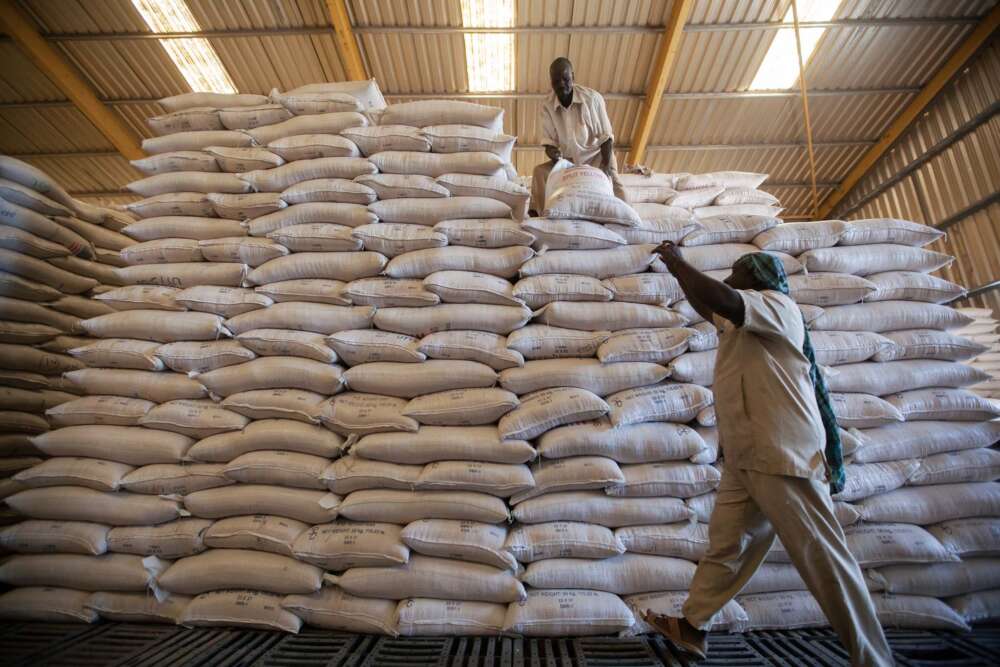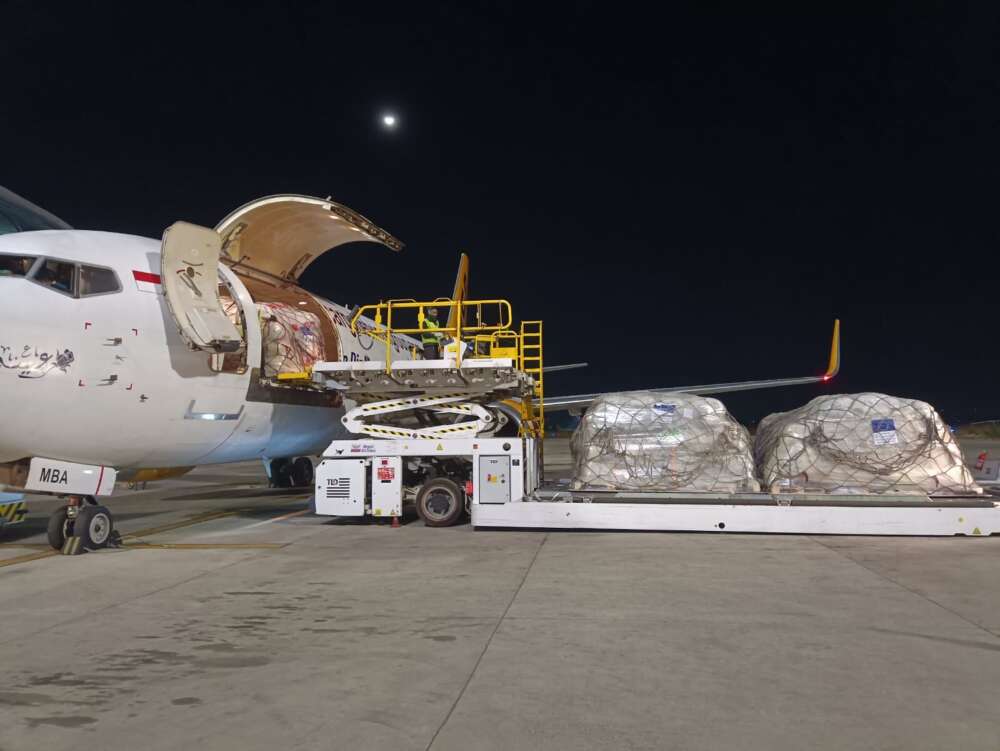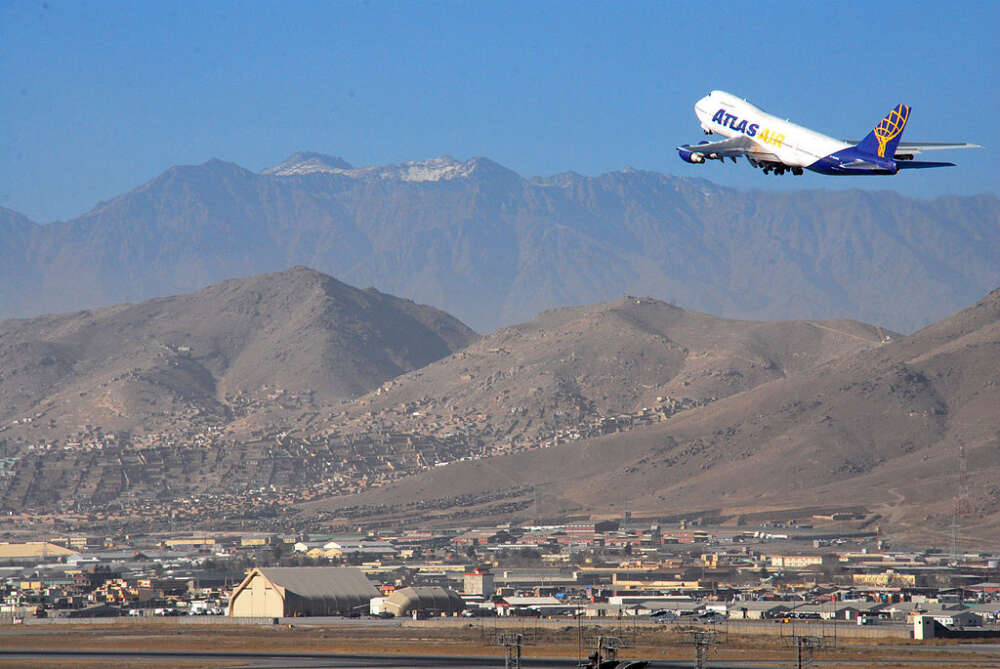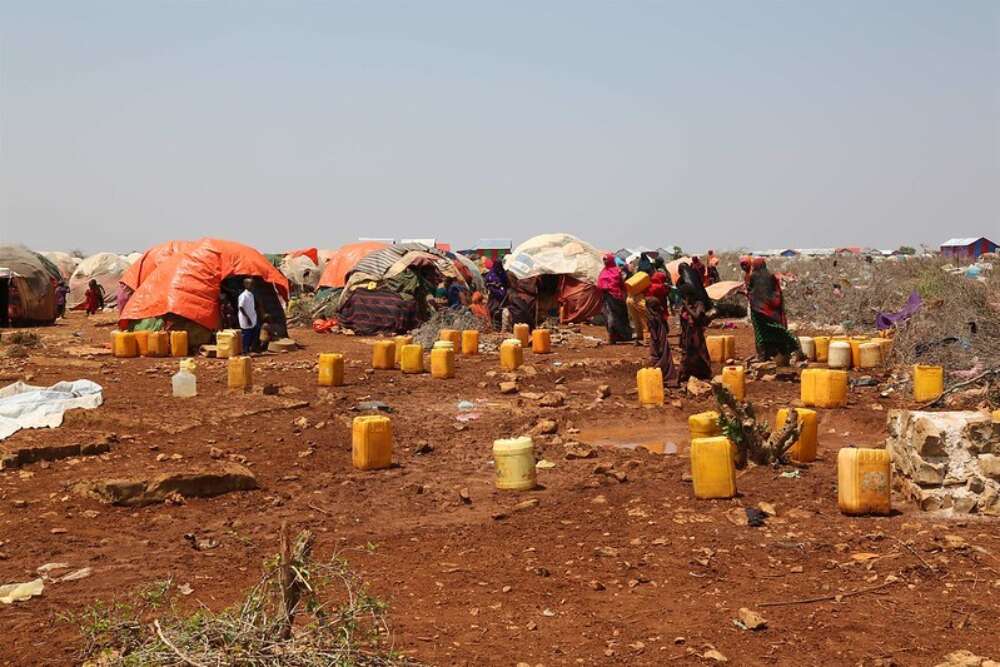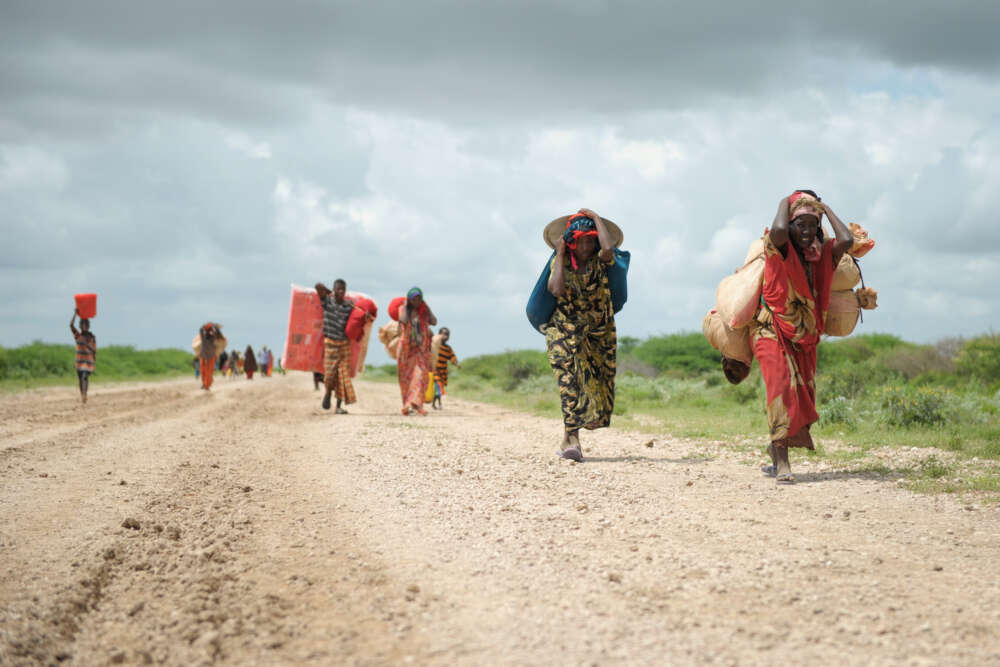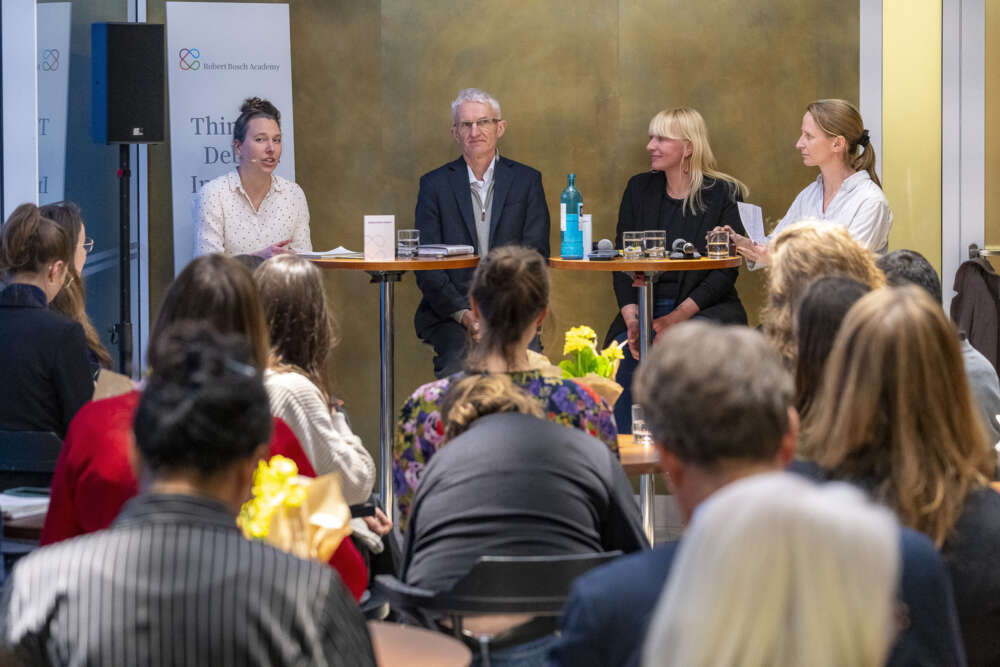Turkey’s Contemporary Humanitarian Assistance
Turkey’s speedy evolution into an influential humanitarian donor has been accompanied by admiration and awe of international policy-makers, humanitarian practitioners and journalists. The country’s number one humanitarian feat is its humanitarian engagement in Somalia. Ever since Prime Minister Recep Tayyip Erdogan visited Mogadishu in August 2011 – at a time when most international actors, non-governmental organizations (NGOs) and governments were avoiding it – Turkey’s daring assistance to the east African country has been keeping the international aid community on its toes: the Turkish operate out of Somalia’s capital, while most international actors are based in neighbouring Kenya. Turkey builds hospitals, while Médecins Sans Frontières (MSF) saw itself forced to end its 20-yearslong operation. The veteran organization in medical humanitarian assistance said that providing impartial and independent medical aid in Somalia has simply become impossible. Turkey continues its aid, steadfastly, even after the loss of six Turkish embassy employees in an attack by the terrorist group Al-Shabab in July 2013.
Truth be told, in Somalia the Turkish stay and deliver. Indeed, Somalia is not the only crisis country into which Turkey puts a high amount of energy and resources. In Pakistan, Syria and Myanmar Turkey also stands out. What is behind this engagement? Which are the norms and interests that inform Turkey’s approach?
To answer these and additional questions about Turkey’s humanitarian donorship, the paper sheds light on the county’s conception, institutional structure and scope of humanitarian assistance. To comprehend the country’s humanitarian practices and impact, a nuanced understanding of what drives its foreign policy is crucial, because in Turkey humanitarian assistance has “emerged as one of the major pillars of international relations.” Robert Putnam’s assessment that foreign policy makers “strive to reconcile domestic and international imperatives simultaneously” fits the case of Turkey: unprecedented economic growth, the continuing struggle with insurgencies from Kurdish groups and the rise of political Islam drive Turkish foreign policy and humanitarian assistance as much as the action or inaction of other donors in the international arena.
The full paper and bibliography is available for download ↓ .

